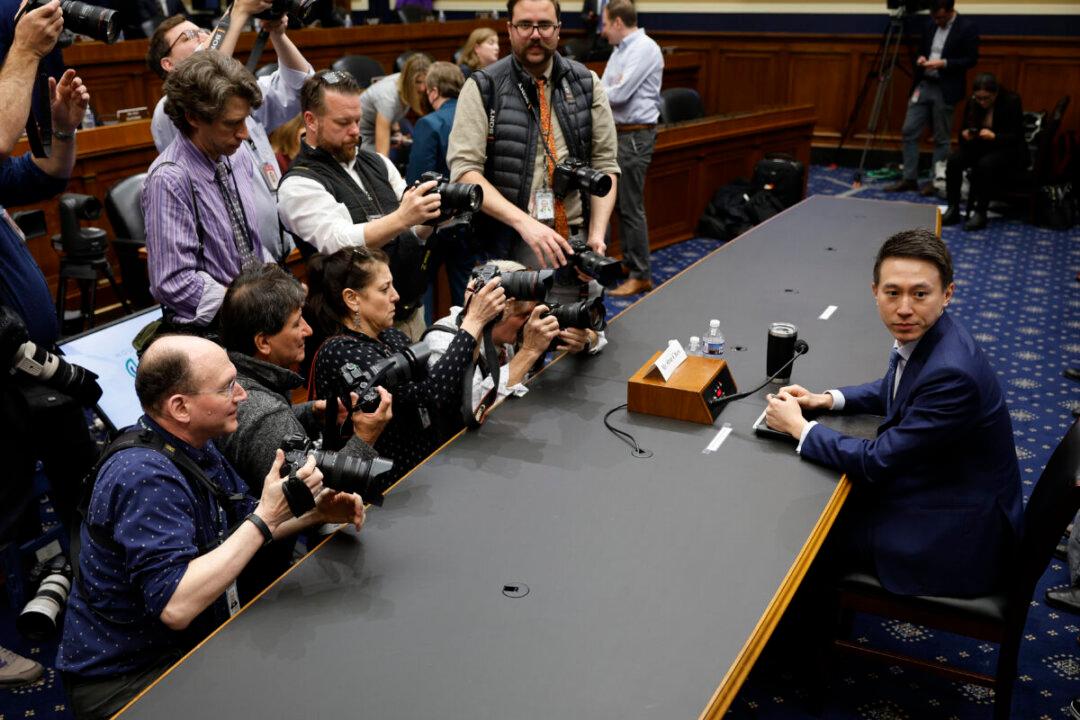TikTok recently received international attention as its CEO was questioned on Capitol Hill. A U.S. Congress member pointed out that TikTok retains the censorship code for Douyin, the Chinese version of TikTok, that can be switched to Chinese Communist Party (CCP) censorship mode and access U.S. data.
On March 23, the U.S. Congress held a hearing on TikTok and questioned the company’s CEO, Shou Zi Chew.




